Relocating to Canada
Relocating to Canada from Dubai has never been easier, we take the hassle out of Moving. Complete our simple form and get free moving quotes directly to your inbox. Complete our form in less than 1 minute!
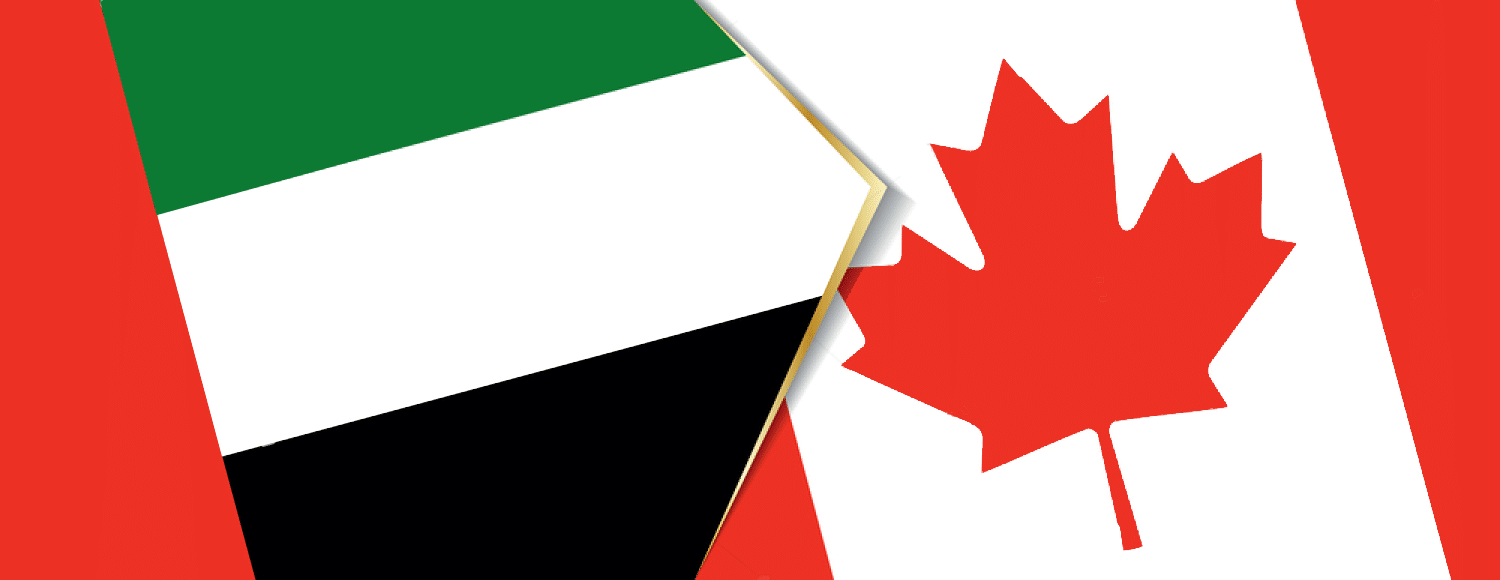
- Best Rates for Moving to Canada
- Verified and Certified Moving Partners
- Full Insurance Coverage for Shipping
- Door to Door Service anywhere in Canada
- Professional English Speaking Packers
- Get the lowest rates via our portal
Our Preferred Moving Partners for Movers to Canada





Relocating to Canada: Ultimate Guide
Ready to start your new life? If you’re looking to the Great White North, you’re not alone. In fact, 21.9% of the Canadian population was born outside of the country. Foreign workers and families are welcomed with open arms and recognized as an integral part of the country. The people of Canada are known for their friendly, welcoming nature and it’s a place that starts to feel like home in no time. That said, moving to Canada is no easy undertaking.
Before you pack your bags, there are a few things you absolutely must know. From taxes to healthcare to work to visas and beyond, here is your complete guide to moving to Canada.
Living / Lifestyle
What’s It Like to Live in Canada?
Canada is consistently ranked amongst the best countries in the world to live. Compared to the UAE at ranking #22 or the USA at #7, Canada leads the way thanks to its extraordinary quality of life.
When it comes to urban life, Canada is ahead of the rest yet again. In fact, of the top ten most liveable cities in the world, there are three Canadian cities. Calgary, Vancouver, and Toronto take home the honors year after year as being simply incredible places to live.
What Languages Do They Speak in Canada?
Canada has a population of 32 million people with two official languages, French and English. Officially, 59% of the population speak English as a first language while 23% are native French speakers. 18% of the population are native speakers of other languages. Many of these people, of course, speak more than one language.
What’s the Culture in Canada Like?
Being Canadian means different things to different people. While you might see a more centralised, rigid sense of identity in the US or UK, Canada is multicultural to its core. Representing the diversity of the country, 11 per cent of MPs are foreign-born, while 15 per cent of MPs are from minority communities.
What’s the Crime Rate in Canada?
Canada is amongst the safest countries in the world. While safety issues plague its neighbours to the south, you can feel safe walking the streets of Canada. Compared to the US, there are half as many assaults and three times fewer murders.
Cost of Living
How Much Does It Cost to Live in Canada?
When moving to Canada, it is noticeable how much the cost of living varies dramatically across the country. As you’re researching, you’ll find that provinces and regions are different both in the cost of living and earning potential.
To get you started here are some general costs for the more common products and services, some parts of the copuntry will be higher and some lower.
- A meal at the standard restaurant is likely to cost roughly CAD 20-25 per person with a beer priced around CAD7 and soft drinks around CAD2 per can. A reasonable bottle of wine costs approximately CAD15-20 and a coffee typically sets you back around CAD4.50
- At the local supermarkets, a loaf of bread is priced around CAD3.50, a litre of milk approximately CAD2.20 and a dozen eggs roughly CAD4.00
- Public transport in Canada is generally very good. A monthly pass in Toronto is likely to cost around CAD100. Taxis start around CAD 5 and then around CAD2 per kilometre thereafter. Petrol/Gas is not as cheap as the US for example, at around CAD1.20 per litre.
- Accommodation can be expensive, especially in Toronto. A typical 2 bedroom apartment in a prestigious area of the city would be approximately CAD2,000-3,000 per month. Less desirable areas would reduce monthly rent to around CAD1,500-2,000.
- Basic utilities for an average two-bedroom apartment will be around CAD200. Prepaid mobile phone charges are approximately CAD0.35 per minute and broadband Internet is roughly CAD75 per month.
To dive deeper, Numbeo is a prime source of data for calculating the cost of living in Canada. Note, however, that the site relies on user-submitted prices so some areas are more comprehensive than others.
Sales Tax, Tipping, and Everyday Expenses
Before you move to Canada, it’s best to visit the city you’re thinking about relocating to. It’ll let you get a real sense of prices and life in general. As you explore, be aware that prices are never what they seem. If you’re in a restaurant, salon, or taxi, tipping is expected. Plan to add 15 to 30% on top of the price you are given.
Likewise, the price tag you see in stores is never the final price. Both online and in-person, almost all prices in Canada are advertised without sales taxes. You need to plan on adding goods and services tax (GST), provincial sales tax (PST), or harmonised sales tax (HST, which combines PST & GST). The exact tax rate depends on your province and city. Check out this handy tax rate chart of all Canadian provinces before you go so you know what you are going to pay before you get to the checkout.

Moving to Canada
What Moving Documents are Needed For Moving to Canada?
- Copy of passport (photo page only)
- Proof of residency abroad for at least 12 months (bank statements, utilities, rent receipts, income tax statement, etc. for first and last month of 12-month period) (returning citizens)
- Detailed inventory / packing list in English or French
- Owner of goods should be prepared to provide a valued inventory if requested.
- Receipts for new items
- Personal effects accounting document (form BSF186 formerly known as form B4)
- Original bill of lading (OBL) / air waybill (AWB)
- Liquor permit, if applicable
- Immigration papers, if applicable
- Work permit / student visa holders, if applicable
- Proof of residence in Canada (copy of deed / sales agreement / lease agreement) (seasonal residents)
- Copy of passport (photo page only)
- Original proof of ownership (can be sent with the vehicle)
- OBL
- Previous registration
- Proof of insurance
- Must pass Canadian safety and pollution standards test
- Vaccination record
- Veterinary health certificate
For more information on restricted and prohibited items and a more in-depth look at documentation please check the International Association of Movers.
Legal / Visas
How to Get a Visa for Canada
The Canadian government website has extensive details on everything you need to know about moving to Canada and getting a visa. You can dig into all of the details there so, for now, let’s just look at the most common options that most people moving to Canada use.
Unless you are working with a legal professional, only rely on information directly from the government website. There are a lot of useful websites that will get you started and offer helpful tips but it’s crucial to confirm everything with the government site.

Visa Options for Canada
While there are a range of different ways to move to Canada, the majority of new arrivals will use a student, family, or work visa option.
How Do Student Visas in Canada Work?
Most people are eligible for a student visa. If you want to further your education and move to Canada, the first step is to review the designated learning institutions in each area. If you are accepted into a study programme from one of these schools, you are essentially guaranteed a student visa in Canada.
How Do Family Visas in Canada Work?
How to Get a Work Visa in Canada
There are a couple of work visa options in Canada. If you are moving to Canada from abroad, you will likely want an employer-specific work permit. You can get this visa by applying for a job that is based in Canada. When you go this route, your employer will coordinate much of the process for you.
The other option for a work visa in Canada is an open work permit. This is typically available to those already in the country. If you’re already studying in Canada, have a spouse working in Canada, or are a refugee, this could be an option.
Money & Taxes
How Do Taxes Work in Canada?
The tax system in Canada is graduated. This means that you pay more taxes as your salary increases. Let’s say, for example, you earn $30,000 and that is the first step in the tax phase. This initial sum might be taxed at 15%. If you earn $30,001, that next dollar (and only that next dollar) will be taxed at 20%. If the next tax band starts at $50,000 and you earn $50,001, you will be taxed 15% on the first 30k and then 20% on the next 30k, then finally move into the next tax percentage for whatever amount you earn over 50,000.
To wrap your head around the tax system in Canada, it’s best to start by looking at your province as it varies considerably. In Alberta, for example, you’ll pay 10% on any income ranging from $0 to $131,220. Most people earn under 130k so it’s a simple process of deducing 10 per cent. Meanwhile, in Quebec, you will pay 15 % for $0 to $43,790 then move to 20% for $43,790 to $87,575 and onward.
Once you decide on a region, you can use a tax calculator or talk to the HR at your potential new employer to get a better idea.
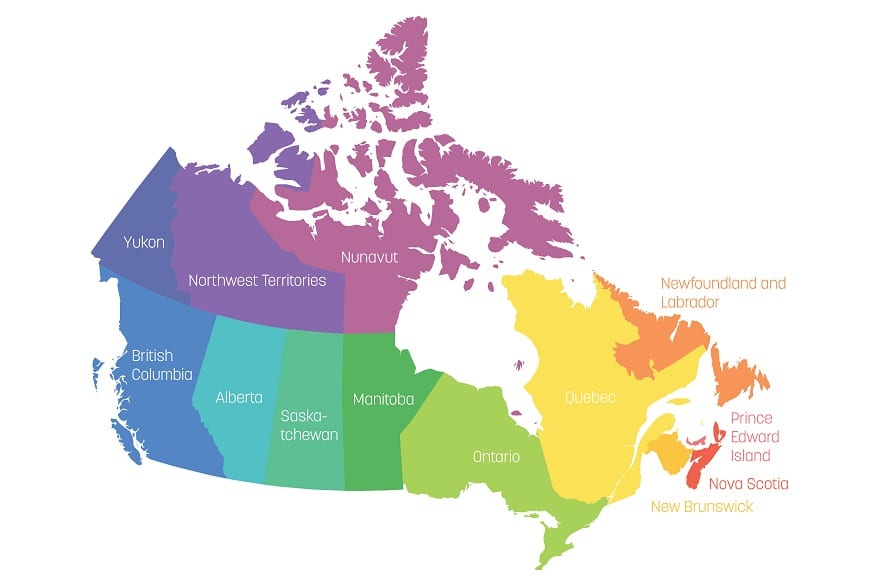
Always plan your move abroad with the entire picture in mind. You might think that you’ll earn more money in Alberta than Quebec due to taxes but that’s not always true. Jobs in Quebec are likely to pay far more than jobs in Alberta so the tax rate ultimately may not matter.
How to Open a Bank Account in Canada
Opening a bank account is relatively straightforward in Canada and just requires that you have proper identification (here is a list of your options for accepted ID in most Canadian banks).
A range of banks like RBC Royal Bank, BMO, TD BANK, CIBC, Scotia, and HSBC accept foreign identification and tend to be more familiar with working with expats than smaller operations.
Getting a bank account in Canada is an important first step as it allows you to start building your credit history. Some day when you want to get a loan for a car or house, having that credit history will be essential.
Climate & Weather
What’s the Weather like In Canada?
The weather in Canada varies dramatically. Even in the relatively small southern area near the US border where most people live, you might see a 100+ degree difference during the year.
The temperature in Canada commonly shots from -40 C (-40 F) in the winter to 40 C (104 F) in the summer. One day in December 2017, Canada actually recorded temps lower than Mars.
While the winters are rough, the seasonal range is beautiful. You’ll usually enjoy sunny summers and mild weather during much of spring and autumn.

Buying & Renting a Home
How to Rent in Canada
When you first arrive, you will probably spend your first few years renting before you buy. The options vary by region but you’ll find the process to be relatively similar in each area. Here are the essentials you need to know to find a new home in Canada.
How to Find a Place to Live in Canada
Websites like Kijiji and Craigslist are common starting points for an apartment or home search. You’ll also find a range of Facebook groups for newcomers to the country. Be wary of scams but realise that they are the minority of listings.
If you know where you want to live, you might consider just walking around the neighbourhood and looking for old fashioned “for rent” signs in the area. It’s common to see signs with a phone number that you can just call and arrange to see the place.
Always rent temporary accommodation like a hotel or Airbnb for your initial arrival. You should never pay for a home before you’ve seen it in person. You might pay a premium to stay in a short-term place but it outweighs the potential loss of getting scammed renting a place from abroad.
What Are Canadian Homes Like?
Housing options vary from simple single room apartments known as studios or bachelor units to expansive houses in the countryside. In urban and suburban areas, you’ll often see large houses divided into two units, called a duplex, or three units, called a triplex. These can offer a comfortable middle ground between cramped apartments and large single-family houses.

How to Rent in Canada
Most property owners and landlords will request a work contract showing your income; a bank statement showing your savings; and references from previous landlords.
Many landlords prefer Canadian documentation as it’s easier to verify. When you are renting your very first place, you may find some hesitation from landlords. Don’t take it personally and keep in mind that even young Canadians renting their first home are met with rejections. Keep trying and you’ll find a place. Once you have those Candian references, it’s far easier the next time around.
How to Buy a Home in Canada
If you intend to buy a home, you will want to start planning as early as possible. Having a local bank account and a range of good debts in the country will get you started. In time, you can order a copy of your credit report early on and start looking for ways to improve your score. Credit scores are extremely important in Canada and, if you’re staying long-term, you’ll want to understand them.
The next essential step is to save for the down payment. Typically you will need to have 5% and 20% of the purchase price on a down payment. For more info, the government has a great site covering the specifics of homeownership.
Healthcare
How Does Healthcare Work in Canada?
While healthcare is public in Canada, there are charges for certain things. For example, you might see a doctor for free but need to pay for a dentist and a prescription. If you wear glasses or contacts, that cost might fall entirely onto you.
If you are working in Canada, your workplace may offer health insurance to cover some of the extra cost of things like medication, dental care, and eyecare that aren’t otherwise covered by the public care option.
It’s important to realize that healthcare is universal for citizens and permanent residents but not every single person living in Canada. On arrival, you won’t yet have full access yet. The exact details of how it works vary by province. For example, in Ontario, British Columbia, Quebec and New Brunswick, you must wait three months before having any coverage.
Each government has its own policies and your best starting point is to familiarise yourself with the local system. Here is where to find official healthcare details by province:
- Alberta
- British Columbia
- Manitoba
- New Brunswick
- Newfoundland and Labrador
- Northwest Territories
- Nova Scotia
- Nunavut
- Ontario
- Prince Edward Island
- Quebec
- Saskatchewan
- Yukon
As an immigrant-friendly country, Canada has a wealth of services available for newcomers. One Of those is a where you can access a vast range of services. They can help you get set up with a family doctor and other essentials. If you have any family members who are interested in language assistance with either French or English for any aspect of life, this is a prime starting point too.
Education
The Education System in Canada
In Canada, kids are required to attend school from age five or six to age 16 or 18 (depending on the province). A range of childcare options are available before age five, and, though it’s optional, kids often start kindergarten at age four.
Primary or elementary school goes from grade one to six or eight. Kids then move into secondary school until they complete their education.
Note that education is entirely provincial so the options are not decided by the central Canadian government but rather at a local level.

What Are the Types of Schools in Canada?
There are options for both private and public schools in Canada. The majority of families opt for free public education and you’ll have a range of options within public schools.
The four types of public schools are English Public, English Catholic, French Public, and French Catholic. The language requirements vary by school and either are an option depending on your preferred language. For Catholic schools, it is often required that at least one parent be Catholic for the kids to attend.
What Are the Childcare Options in Canada?
Childcare is generally arranged by and paid for by the parents. The one exception to this rule is Quebec where there is a universal child daycare program. In all other areas, you’ll need to review the options and pay.
Four children under four, there are full-day or part-day (also called nursery schools or preschools) programs from child care centres that are licensed by the province. For children ages four to 12, you can opt for a “school-age program” that operates before or after school. You’ll also find what’s called “regulated family childcare” (or home childcare), where caregivers are licensed to operate from their home with a small number of kids within set age groups.
Final Thoughts
Moving to a new country can be a little disconcerting, and left unchecked these feelings can develop into anxiety and stress. Moving to Canada, as we have seen, brings with it both exciting opportunities with some potential challenges. However, embracing the changes and adopting a proactive approach through the advice, tips and links we have provided sets you firmly on course to a successful relocation to Canada.
Why not get things moving by completing our simple form, enabling international movers to start work on your moving quotation, today!

